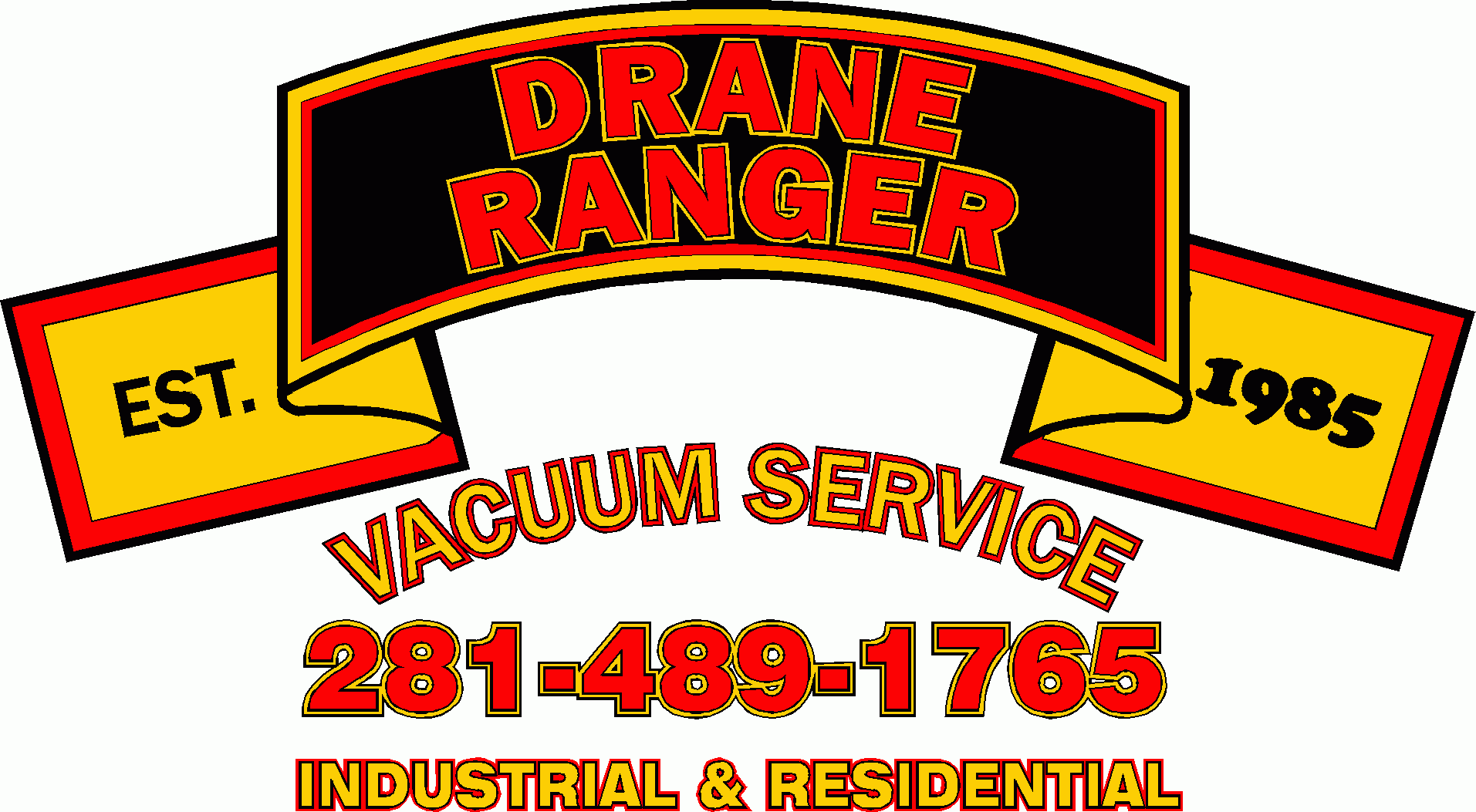Is your wastewater lift station in Houston struggling to do its job effectively? There are a number of problems that can occur as a result, so let’s take a quick look at how you can tell when it’s time to call in a professional.
But first things first—what is a wastewater lift station?
Wastewater lift stations in Houston (https://draneranger.com/services/wastewater-lift-station-houston/) are basically systems installed to move wastewater between different elevations—specifically from lower elevations to higher elevations (hence the term “lift”)—through a system of pipes. The systems are most often installed in an enclosed structure, called stations, and these come in two forms: the dry-pit or dry-well lift station, and the submersible lift station. The type of system you have will dictate how it needs to be serviced. Dry-well lift stations, for instance, house their pumps and valves in an easily accessible pump room, and the wet-well (which contains a screen to remove course materials, pumps and piping, motors, a power supply system, an equipment control and alarm system, and an odor control and ventilation system) is attached as a separate chamber. Most lift stations, whether custom-designed or prefabricated, usually feature equipment, like floor hatches or openings and a bridge crane or portable hoist, for easy pump removal.
How do you know when there’s a problem?
Wastewater lift stations in Houston are required to undergo frequent inspections for potential problems and to ensure they are functioning normally and efficiently. Warning signs that there is a problem could include:
• Unusual noises
• Vibration
• Heat
• Leakage or discharge
• Lower speed, suction, or pressure.
Of course, as with anything, preventative maintenance is key.
How often does your wastewater lift station need to be maintained?
This depends on the size and type of system. Typically, wastewater lift stations require weekly inspections to ensure everything is working correctly and to collect and properly dispose of any course materials collected by the grinder bar screens. Scrubber systems for odor control need to have their chemicals replenished every three months, but chemical feed stations should also be inspected weekly.
Why should you call in a professional to inspect and maintain your wastewater lift station?
The routine preventative maintenance of your wastewater lift station in Houston is a labor-intensive task, and it is extremely important when it comes to preventing costly repairs as a result of unnecessary equipment wear. It can also prevent system downtime, which can have other unfortunate repercussions (you don’t want those chemical scrubbers that were installed for odor control to experience any downtime, nor do you want too much course material to pile up before you arrange for safe and sanitary removal). It’s also important to remember that there are strict sewage control rules in Houston, and that means your wastewater lift station in Houston, whether on your property or at your business, needs to be regularly maintained to the highest standards.
Who should you contact for routine maintenance?
Ideally, the same professionals you would contact if you were experiencing a problem. You need someone you can call in a crunch as well as someone who can offer regular maintenance and repair of your lift station and the wet well inside, as well as safe disposal of sewage and other related materials. To avoid sewage issues now and in the future, contact Drane Ranger today.
